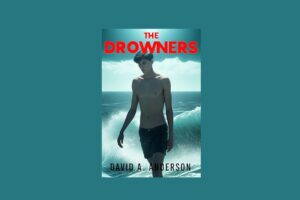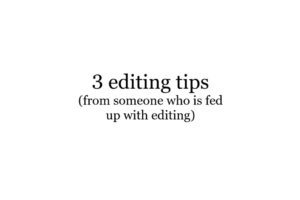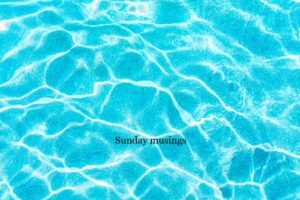Whenever someone mentions the word ‘leader’, an image is often evoked of a sturdy male figure yelling powerful and courageous things about justice, hope and the fight for a more moral society to a sea of angry, protesting citizens. In dystopian literature, this figure is often initially a quiet yet integral part of the oppressive system and, on realising the errors of his ways, ignites a revolution underground that works its way to the surface and erupts magnificently. This person is then a symbol of progress and automatically knows what needs to be done in order for change to be instigated and for leaders to be dethroned.
I know this is fiction and a dystopia-esque world could not feasibly exist without killing 95% of the planet’s people and its resources, but does this not seem a little bit unrealistic? Would it be possible for anyone to make accurate high-risk decisions during monstrous levels of chaos, especially when these decisions often lead to a dramatic and complete social transformation? And how can people ever cope with being a figurehead of revolution, does the stress of such importance ever weigh down on these leaders to the point of distraction or even destruction?
Most dystopian novels concentrate on the intricacies of the society and where it differs from our own rather than on characterisation. One of the main problems with many novels of this genre is that the characters act as mere pawns of the bigger picture, the new-found leaders never seem to sit back and think, “Shit. I mean shit. I’m the leader of a revolution and I really have to pee. I can’t handle this. Jim will have to make the speech, I’m about to wet myself.”
After practically ingesting The Hunger Games trilogy, these little niggles really started to bother me. The trilogy was perfect in throwing the character of Katniss into a situation she is neither prepared for nor interested in, and because of this fact the ‘revolution’ of Panem is altered. There are obvious negative aspects to the book, such as the always anticipated ‘cliffhanger’ at the end of every chapter, the amount of times Katniss is injured without any long-lasting damage, the bizarrely paced and unsatisfying ending…but ignoring all this, this teen book does a lot for the dystopian genre that a lot of classics have failed to achieve: humanity has been inserted into a story about humans. Why has no one thought of this before?!
Katniss makes mistakes without meaning to, performs well without realising it, is filled with a mixture of hatred for herself and for others and she can’t help but not always react selflessly. No human could possibly go through a revolution and not think about their own needs and desires, no matter how hard they try, and Katniss feels guilt for this constantly. She is a teenager thrust upon an adult situation but her youth does not give her immunity to the bloody and dangerous elements of her revolution.
Sacrifices have to be made to change something as rigid as a set social order. Being a leader is not about standing atop a podium shouting a few words of encouragement, being a leader is occasionally making more problems that you solve, being utterly petrified yet ruthlessly rigid for a particular goal to be reached. At the end of the trilogy Katniss is consumed with guilt, plagued by nightmares and it is clear that she will never be able to relax and feel happy for she is saturated with the horrors of her past.
I realise that a lot of dystopian fiction contains faceless characters as it depicts a faceless totalitarian society, but the genre is about people after all, so why not make them more human? The world is not black and white, and if aspects of a society become more positive it does not necessarily mean that the entirety of society will succeed. Perhaps if a certain leader needed to pee during an important speech, they would just have to go and pee. The rest of the world would have to fend for itself, and that leader would have to deal with the consequences,



Leave a Reply